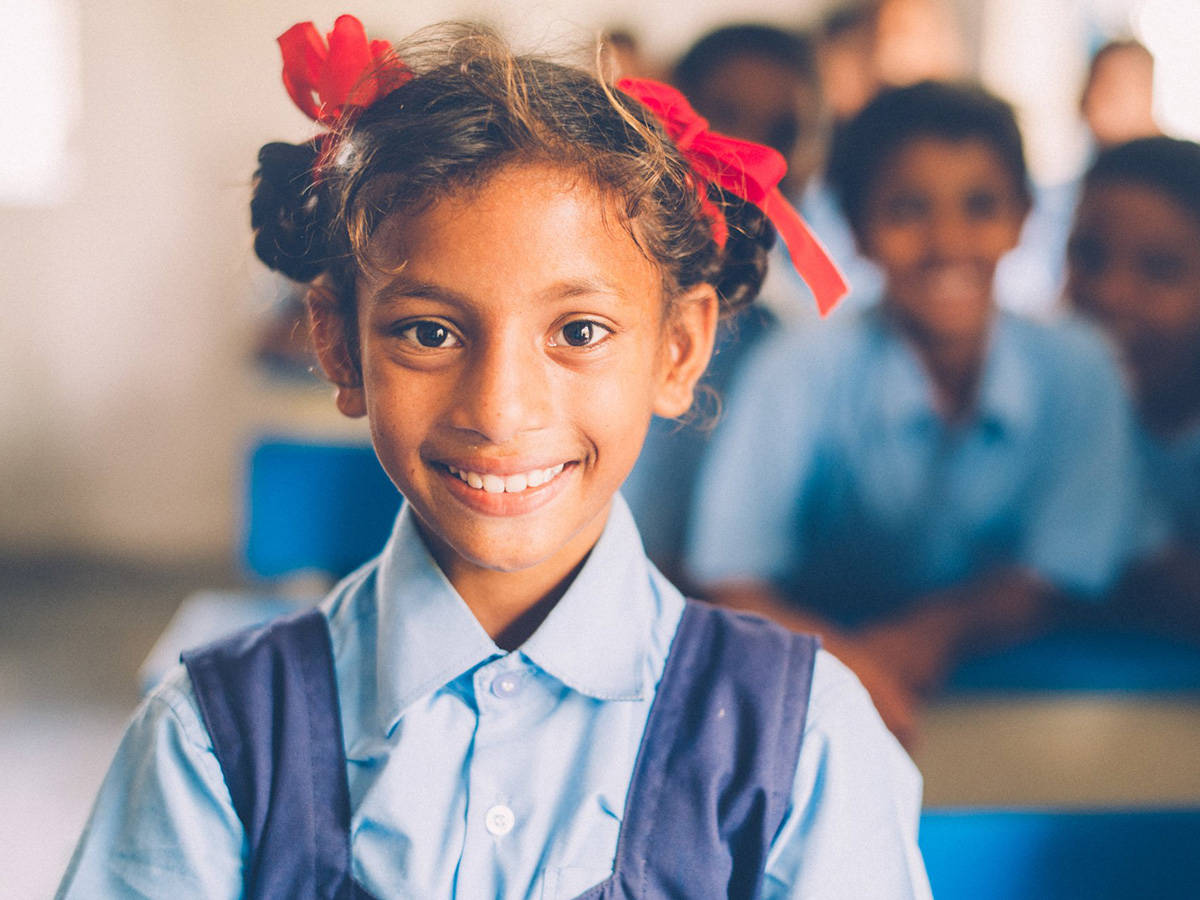With talented and educated youths, education has the power to change the course of a nation. A nation with a greater rate of economic growth achieves its planned economic growth and joins the developed nation league. A well-educated country removes any barriers to growth and works hard to achieve long-term development.
In India, education refers to the study, training, and teaching of human capital in schools and universities. The Indian government has adopted unique economic policies that stress the value of education in the country.
Factors contributing to the Importance of Education in India
Eradicate the fickle of Unemployment
Unemployment is a significant result of illiteracy. Unemployment stymies a country’s progress, resulting in lower living conditions and a higher crime rate. India is in a precarious state, with around 58 percent of unemployed graduates and 77 percent of families living in poverty. Approximately 67 percent of the population has an annual income of less than 1.2 lakh dollars. In this situation, India cannot afford to leave any child illiterate, as this would lead to unemployment and misery.
Removes Poverty
Poverty is on the wane in India, which is one of the fastest-growing economies in 2020, and is one of the worst ills of illiteracy. Until 2012, India had the distinction of being home to the world’s largest number of destitute people. Nearly 70.6 million people in India still live in abject poverty, and education is the only way to break the poverty cycle. Higher literacy rates lead to greater access to employment, which in turn leads to better living conditions.
Eradicates Casteism
In India, the caste system is the world’s oldest social order. In India, caste-based discrimination obstructs the path to long-term development. Discrimination based on caste, creed, race, religion, or colour keeps a community mired in a web of hatred, poverty, and insufficient resources. Illiteracy is a factor that contributes to the prevalence of orthodox customs. An individual’s perspective on caste discrimination alters as a result of education. It transforms a person into a caste-neutral progressive with a desire to contribute productively to the nation.
Economic Stability and Growth
Education is a critical tool for achieving economic progress and stability in a country. India has a population of twenty million young people who graduate from various disciplines each year and go on to contribute to the country’s economic progress. Educating children and adults shows hidden potential that could lead India to growth.
Improvisation in Health and Hygiene
Poor hygienic conditions and health are associated with countries having a high prevalence of illiteracy. India has moved on from the decades when millions of people died as a result of diseases caused by a lack of healthcare and poor sanitation. Schemes like the “Swachh Bharat Mission,” “Rashtriya Bal Swasthya Karyakram,” and others attract individuals to come safely inside the fold in order to improve the country’s health and hygiene sector. A literate person obtains knowledge of health and hygiene issues, as well as government programmes, and can take advantage of them.


Nice
Nice and very informative
Thank you for such a thoughtful post on the vital role of education in India’s growth and development. It’s true that education can break the cycle of unemployment, poverty, and social barriers like casteism, ultimately fostering a more stable and prosperous nation. At DRS International School, we believe in the power of education to transform lives and contribute to India’s growth. Our focus is on not only academic excellence but also fostering a mindset of inclusivity and progress. By offering diverse programs and incorporating modern teaching methods, we strive to help students overcome societal barriers and unlock their full potential. We’re committed to contributing to the nation’s educational landscape and creating future leaders who are ready to tackle these challenges. To learn more about our approach, feel free to visit https://drsinternational.com/. Looking forward to more insightful posts like this!
Thank you for sharing such an insightful blog on the critical role education plays in India’s development. Your discussion on how education addresses issues like unemployment, poverty, casteism, and health is truly eye-opening. Education truly has the power to transform a nation, and your points about its direct impact on economic stability and social well-being resonate deeply.
At DRSKIDS, we share the belief that education is the foundation of a better future. While your blog highlights the broader societal impacts of education, we focus on the early stages of a child’s educational journey. We aim to equip children with the necessary skills and mindset for lifelong learning. By creating an inclusive and nurturing environment, we provide children, especially from underprivileged backgrounds, with a strong foundation for both academic and personal growth.
Through our curriculum, we strive to promote not just cognitive development but also emotional intelligence, preparing students to face the challenges of the world with confidence. Additionally, we believe in the power of technology in education to ensure that every child, regardless of their background, has access to high-quality learning opportunities.
Your blog beautifully illustrates how education can break barriers and create a more equitable society. At DRSKIDS, we are proud to contribute to this mission by focusing on providing early education that can lead to a brighter, more prosperous future for every child.”